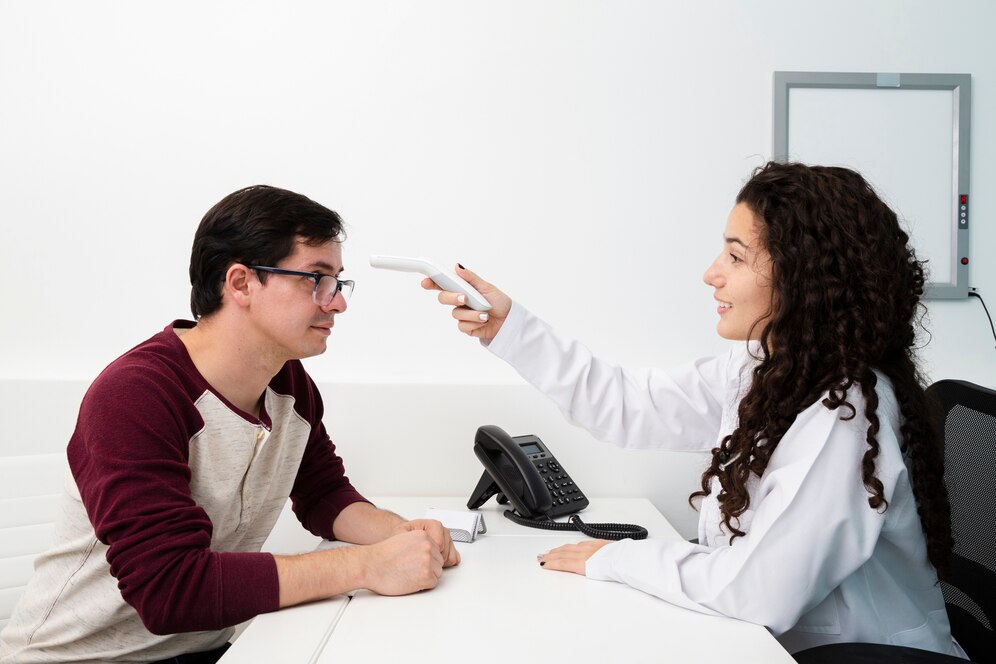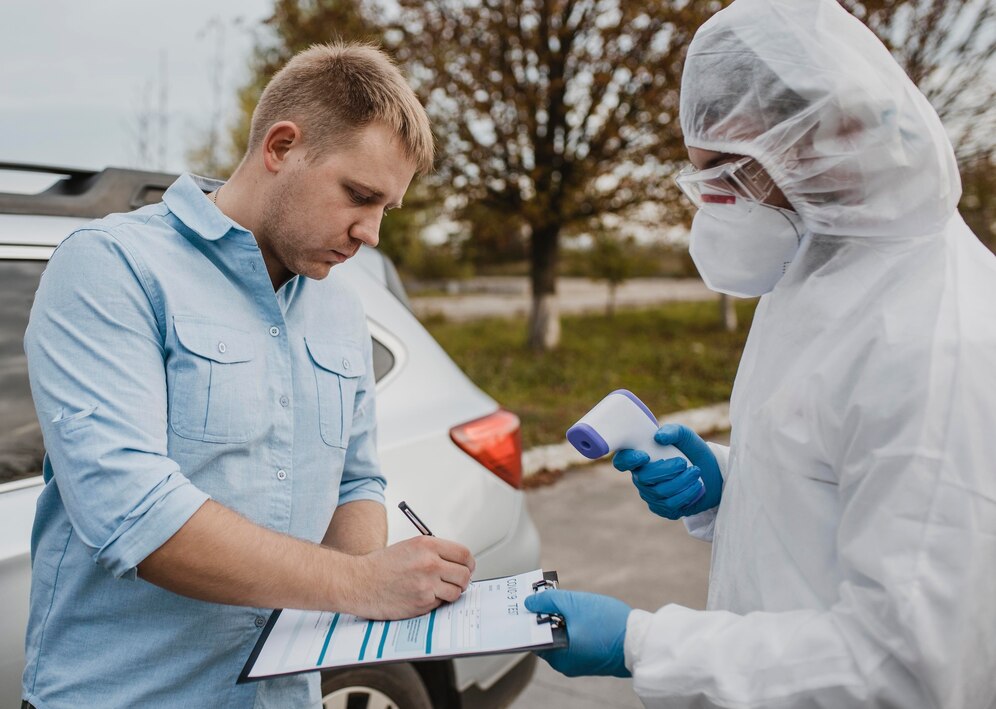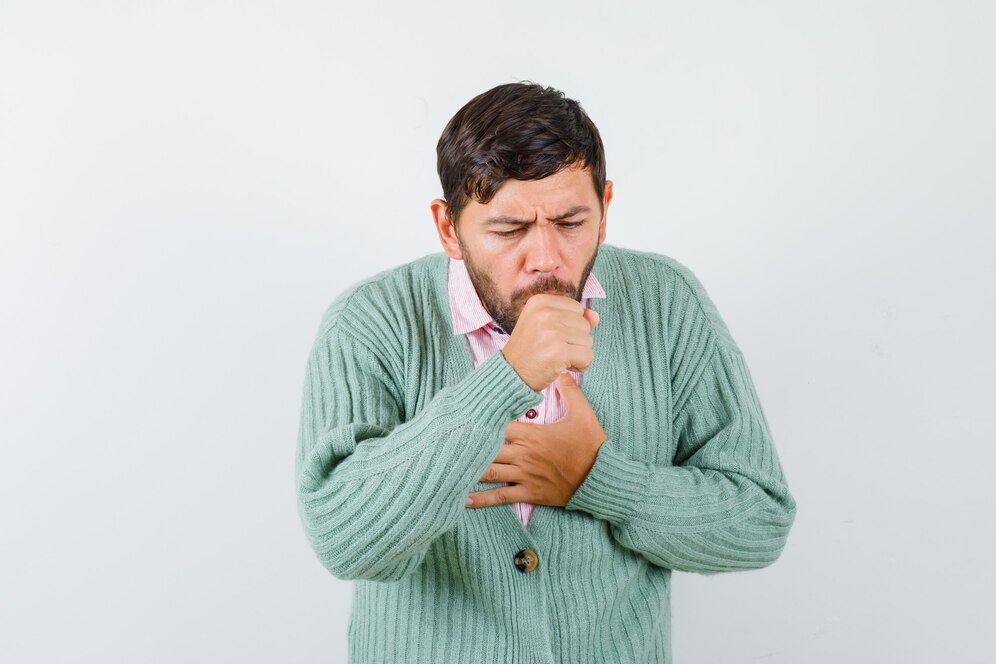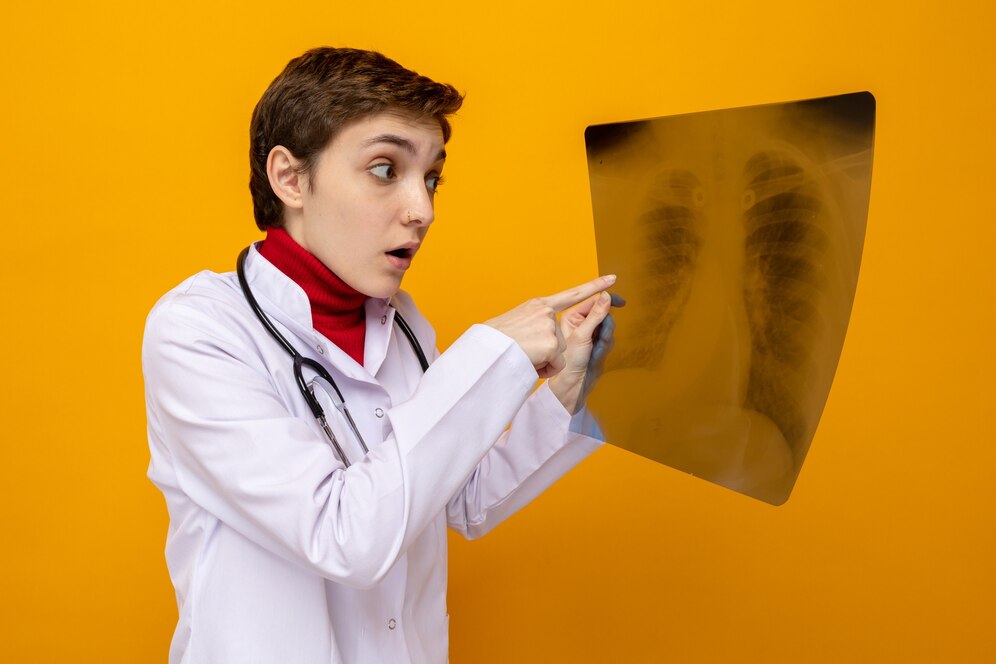


The Chest Diseases Department at our partner facilities specializes in the treatment of a wide range of respiratory conditions including Lung Cancer, Asthma, Allergies, Bronchitis, Pneumonia, Pleuritis, Sarcoidosis, Pneumothorax, and Pulmonary Embolism. State-of-the-art radiological imaging techniques are utilized across all partner hospitals to aid in accurate diagnosis. Additionally, resources such as Respiratory Function Laboratories, allergy testing facilities, and bronchoscopy equipment support our physicians in delivering contemporary treatment services.

Many respiratory diseases progress stealthily and may not present noticeable symptoms until they are quite advanced. Common symptoms in advanced stages include persistent coughing, presence of phlegm, including current or former smokers, or those exposed to dust in their line of work or day-to-day life, or during physical activities such as walking or climbing. Individuals over the age of 40, current or former smokers, or those exposed to dust in their work or social environments are strongly encouraged to consult with a chest disease specialist and consider undergoing a respiratory function test if they experience the aforementioned symptoms.

Effective management of respiratory diseases involves quitting smoking, avoiding second-hand smoke and maintaining a proper meal plan. Adhering to regular exercise routines under medical supervision, ensuring regular sleep patterns, and avoiding smoking areas are crucial steps in controlling conditions like COPD.

Chronic Obstructive Pulmonary Disease (COPD) is a prevalent chronic condition that significantly impacts health and is primarily caused by smoking and the inhalation of hazardous dust. COPD ranks as the fourth leading cause of death globally and is characterized by non-microbial inflammation of the respiratory tract. Key triggers include:

Patients with COPD may experience:

COPD leads to:
